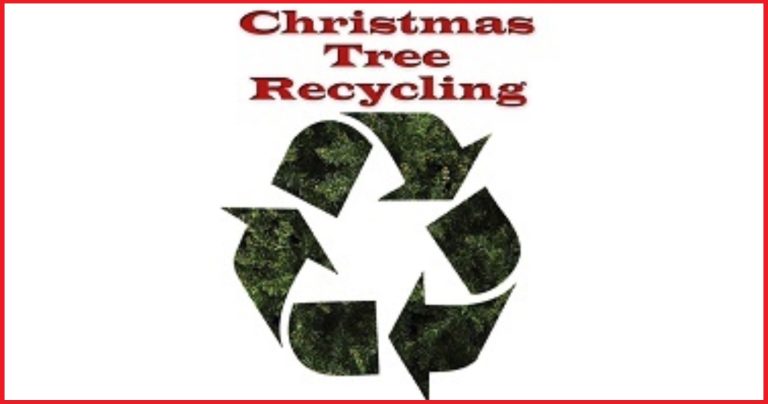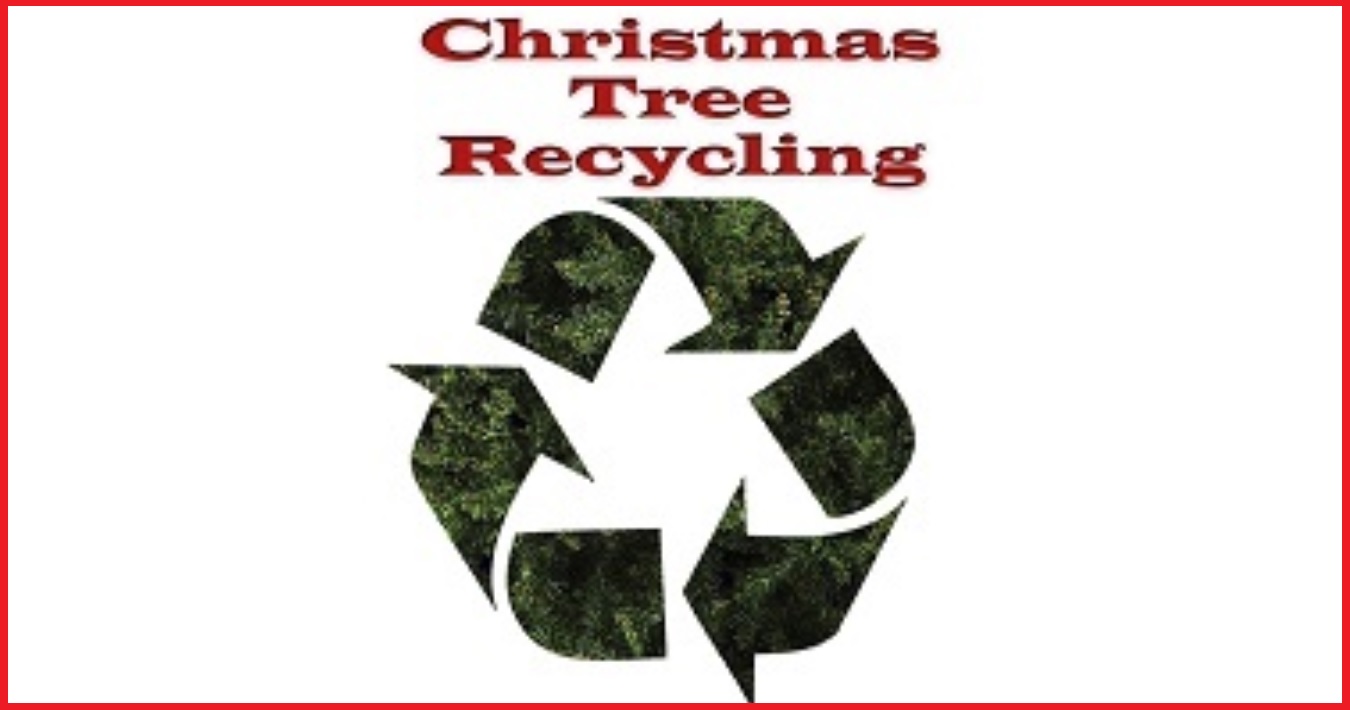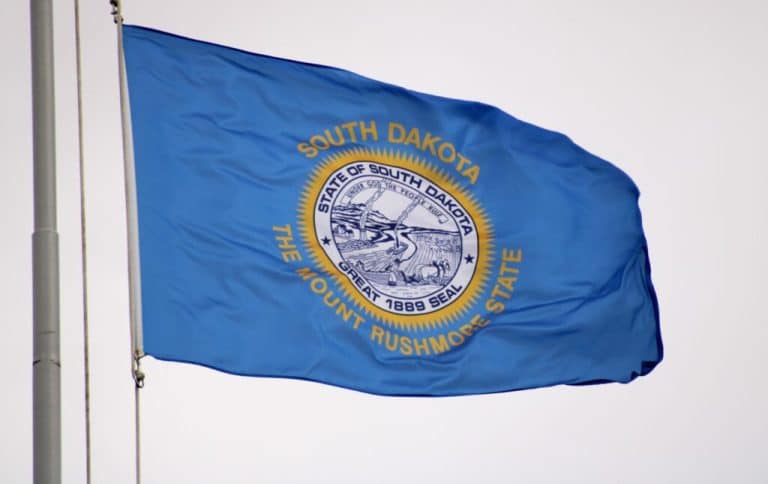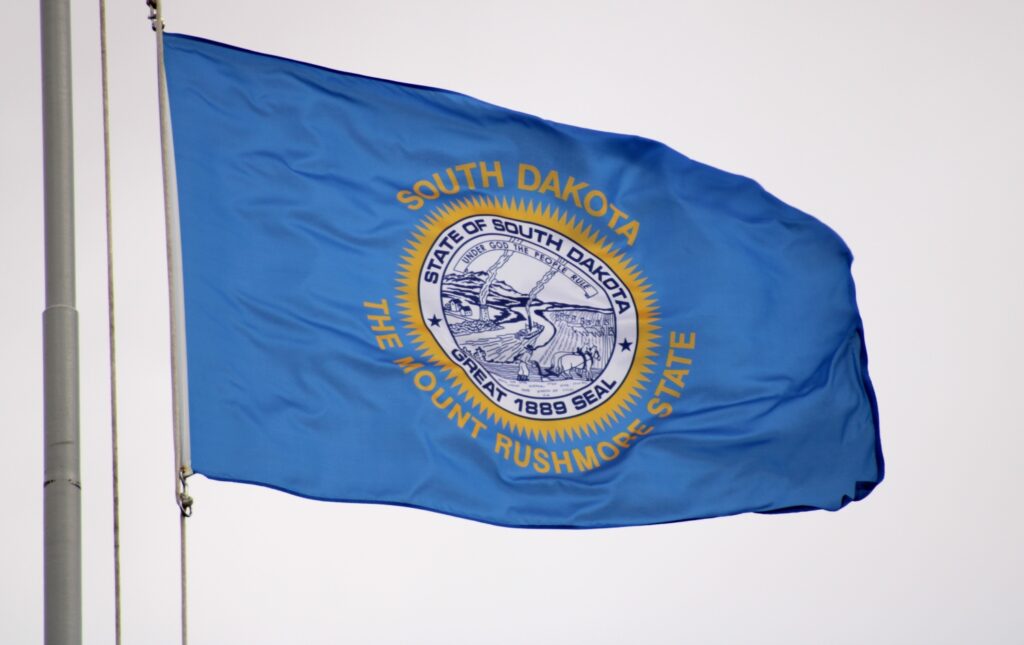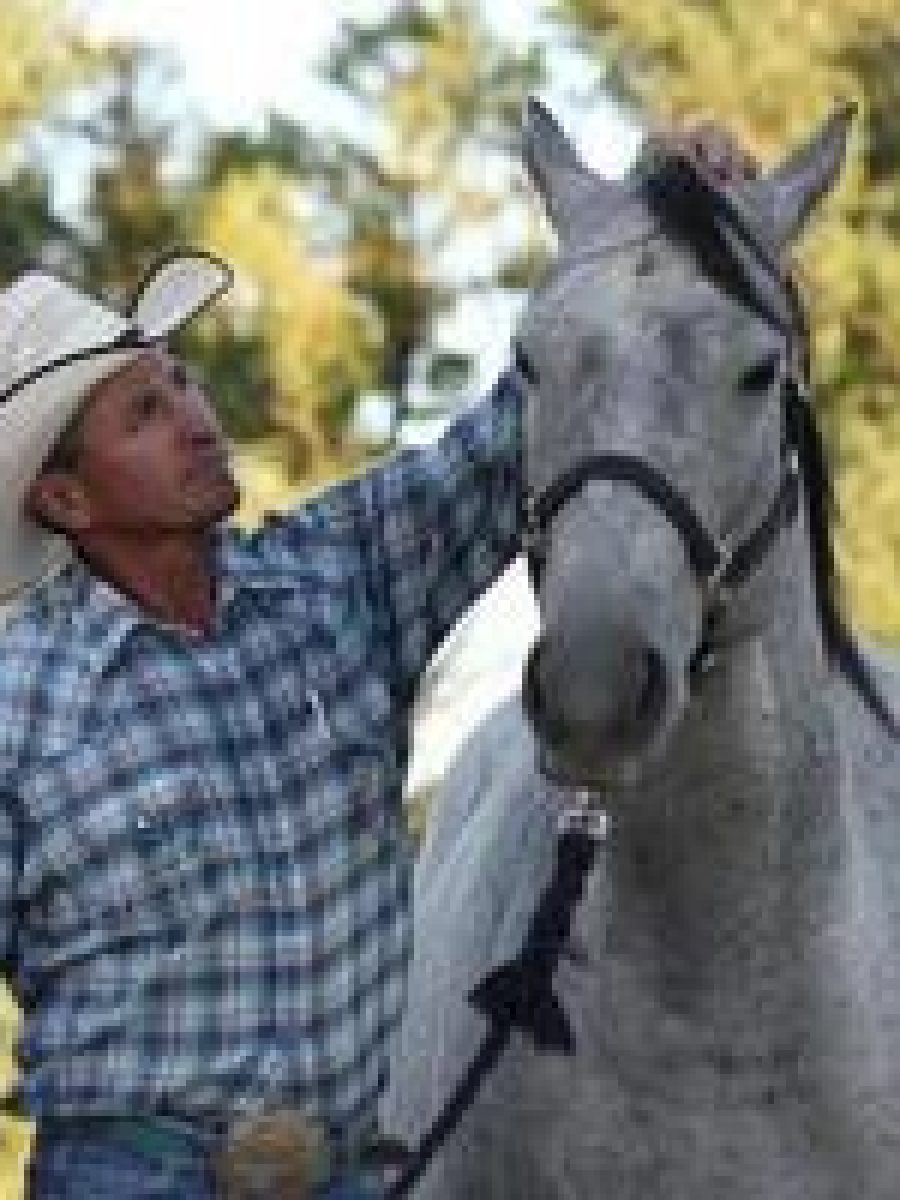DENVER, CO – The U.S. Court of Appeals for the 10th Circuit has vacated a district court’s stay of the Trump-era Navigable Waters Protection Rule (NWPR) in Colorado, finding the lower court abused its discretion when it granted the state injunctive relief because Colorado has not shown it will suffer irreparable injury if the rule is in effect during litigation.
From the ruling cited, “The question before us is straightforward: Did the district court abuse its discretion when it granted Colorado injunctive relief? The answer is yes. Colorado asked for immediate relief but hasn’t shown it will suffer irreparable injury absent a preliminary injunction. Because that alone compels us to reverse, we do not consider the other preliminary injunction factors. Exercising jurisdiction under 28 U.S.C. § 1292, we therefore reverse and vacate the district court’s order.”
The reversal is supported by a coalition of trade groups including the, American Farm Bureau Federation, National Cattlemen’s Beef Association and National Pork Producers Council.
The Court ruled that Colorado failed to show irreparable injury on the record before the Court. Due to this ruling, the NWPR is now effective law in Colorado and all 50 states now must abide by the water definitions laid out in the rewrite of the Waters of the U.S. rule (WOTUS).
 The NWPR was issued in mid-2020 and effective in all places except Colorado, due to an administrative stay issued by Judge William Martinez on June 19, 2020.
The NWPR was issued in mid-2020 and effective in all places except Colorado, due to an administrative stay issued by Judge William Martinez on June 19, 2020.
Under the Obama administration in 2015, the EPA and the U.S. Army Corps of Engineers issued a new WOTUS rule that gave EPA broad jurisdiction over U.S. waters to include upstream waters and intermittent and ephemeral streams. The WOTUS rule was immediately challenged in court and subject to several preliminary injunctions.
EPA and the Corps have struggled for more than 40 years in defining “waters of the United States” and the Supreme Court has also taken up cases on several occasions. The Court most recently considered the breadth of the Corps’ jurisdiction over wetlands in Rapanos v. United States. The Rapanos plurality suggested wetlands fall within the scope of the Clean Water Act only when they (1) are adjacent to a “relatively permanent body of water connected to traditional interstate navigable waters” and (2) have “a continuous surface connection with that water.”
The NWPR defines “waters of the United States” as: (1) “The territorial seas” and traditional navigable waters; (2) “Tributaries” of those waters; (3) “Lakes and ponds, and impoundments of jurisdictional waters; and (4) Adjacent wetlands.” Although it’s unclear precisely how many miles of waterways and acres of wetlands the NWPR puts outside the reach of the Clean Water Act, the rule undisputedly represents a significant reduction in the scope of jurisdiction the Agencies have asserted in the past, the district judge notes in overturning Colorado’s stay.
The judge concludes: “On this record, it is pure speculation whether the NWPR’s reduction in federal jurisdiction would result in an increase, rather than a decrease or no change, in the number of dredge and fill violations committed in Colorado. When predictions are so uncertain, an injury is not cognizable—let alone sufficient to warrant the extraordinary remedy of preliminary injunctive relief.”
Meanwhile, in states like South Dakota, 78.7% of rivers and streams are contaminated and 91% of lakes are also contaminated, according to at least one report issued by the state’s Department of Environment and Natural Resources (DENR). Contamination is defined as polluted waterways where human and animal health may be at risk.
A buffer strip program with tax-break incentives was introduced in the state in 2017. The planted buffer strips act as barriers to keep soil and chemicals out of the waterways. There have been few takers.
This year, the state’s governor and legislature is merging the DENR with the Department of Agriculture. Permitting processes have also been changed to streamline applications for such businesses as confined animal feeding operations but that also make public input and involvement in the permitting process less transparant and more difficult to bring to a public vote.
The DENR had been responsible for approving use permits, identifying and charging those violating environmental and natural resource rules involving municipalities, counties, commercial and industrial practices affecting the state’s water and natural resources.


